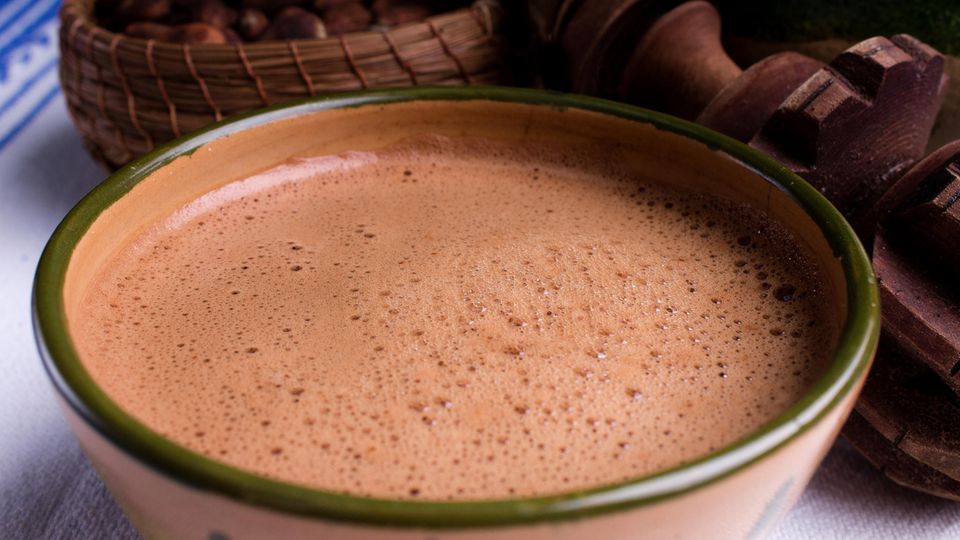Eco test
Great shock in the cocoa test: bestseller Nesquik fails with “insufficient”.
The daily cup of cocoa? D rather not.
©Getty Images
Ironically, Nesquik – the popular cocoa powder from Nestlé smears the “Ökotest” with the worst grade. Kaba isn’t really any better either. Why is it that the big brands fail?
If children have their way, they would love to drink a cup of cocoa every morning. The little ones don’t mind that the drink is mostly sweet and unhealthy. The fact is, however, that the main ingredient in all the instant cocoa powders in the test is not cocoa, but sugar. “Eco test” took a closer look at 16 products, including seven organic products. They had the sugar and fat content, the cocoa powder content and the contamination with mineral oils and germs checked in the laboratory.
The aftertaste is bitter: It is above all the big and well-known brands that mutate into problem children. “Of all things, Nesquik from Nestlé,” writes Ökotest, “one of the best-known cocoa powder brands, rattles through completely.” The problems are complex: too much sugar, mineral oil components and problematic advertising about cocoa cultivation and transparency. When it comes to sustainability, Nestlé says a lot, but in the eyes of “Ökotest” too little is happening. The verdict is just as devastating for the Caribo organic drinking cocoa. Here too: too sweet, too many harmful substances, too little transparency. Organic cocoa shares last place with Nesquik.
The Kaba, whose name is so well known that some use it as a synonym for cocoa powder, also scores “Poor”. This is due to the high sugar content and the fact that the manufacturer completely ignored the attempts by “Ökotest” to contact transparency and the supply chain.
Which cocoa powder can “Ökotest” recommend?
“Ökotest” does not want to make a direct recommendation, because with sugar contents of up to 87 percent in the powders, the cup of cocoa should be limited to the weekend. If you are looking for cocoa with less sugar, you will most likely find it among the organic products, although some of these are also contaminated with harmful substances. Or you can simply mix the cocoa yourself – with pure cocoa powder and the desired sweetness, according to the tip from “Ökotest”. When it comes to fairness and transparency, Rapunzel and Gepa are way ahead and set standards that other manufacturers should follow.



